In recent years, Finland has experienced increasing tensions related to immigration, particularly involving migrant youths and their lack of integration into Finnish society. These tensions have been exacerbated by incidents of violence and crime, which have heightened public concern and sparked political debate. One of the primary drivers of these tensions is the series of high-profile incidents involving migrant youths engaging in criminal activities.
Migrant-Related Issues and Incidents
Several high-profile incidents have contributed to the rising tensions. Reports of migrant youths engaging in criminal activities, such as the alleged attack on a Finnish woman in the Redi shopping center, have fueled fears and frustrations among the Finnish population. Although specific details on this incident are scarce in mainstream media, the general trend of escalating violence and confrontations involving migrants is well-documented.
In this particular incident, footage shows a dozen migrant youths beating up a blonde woman in the Kalasatama district of Helsinki. The woman is seen walking through the shopping mall when she is suddenly surrounded by the youths. For no apparent reason, she is pulled forward by her hair while the youths beat her head.
These incidents have not only impacted public safety but have also placed a significant economic strain on Finland’s public services. Additionally, there have been other troubling incidents:
- Gang Violence: In Helsinki and other urban centers, migrant gangs have been involved in violent brawls, thefts, and assaults, causing significant concern among local residents. Police Commissioner Seppo Kolehmainen highlighted that youth violence has increased dramatically, with statistics showing a sharp rise in gang-related incidents.
- Sexual Assaults: Reports of sexual assaults involving migrants, particularly during large public events, have heightened fears and calls for stricter immigration controls. Statistics from 2023 show a significant increase in reported sexual offenses, with a 22% rise in the first quarter alone, many involving non-citizens.
- Islamic Terrorism: Finland has not been immune to the threat of Islamic terrorism. The 2017 Turku stabbing attack, where a Moroccan asylum seeker killed two people and injured eight, remains a stark reminder of the potential threats posed by radicalized individuals within migrant communities
Economic Impact:
In addition to the social issues, the economic strain caused by the influx of migrants has been significant. Public services such as healthcare and education have experienced increased demand, with reports indicating a 30% rise in the use of these services by migrant populations in 2023 alone. The cost of deporting undocumented migrants has also been substantial, with the government spending millions of euros annually to enforce immigration laws.
Government Response and Political Landscape
In response to these social and economic challenges, the Finnish government has implemented a series of stricter immigration policies aimed at controlling the influx of migrants and improving national security. The current government in Finland is led by a center-right coalition under Prime Minister Petteri Orpo, who is from the National Coalition Party (NCP). This government, which came into power in June 2023, marks a significant shift to the right in Finland’s political landscape. The coalition includes the National Coalition Party, the Finns Party (a party known for its strong stance against mass immigration), the Swedish People’s Party, and the Christian Democrats.
Some of these measures include:
- Reducing Refugee Quotas: The annual refugee quota has been reduced from 1,050 to 500 individuals.
- Differentiation in Social Security: There are now distinct differences in social security and benefits between immigrants and permanent residents.
- Temporary International Protection: International protection permits have been shortened to the minimum length allowed under EU law.
- Stricter Residency Requirements: Permanent residency now requires six years of residence, language proficiency, a two-year work history without significant reliance on unemployment benefits, and good conduct.
- Restricted Services for Illegal Residents: Access to social and health services for undocumented individuals has been limited to urgent care only.
- Increased Deportations: There has been a significant increase in the deportation of migrants who have overstayed their visas or have had their asylum applications rejected. This is part of a broader effort to ensure compliance with immigration laws.
- Enhanced Border Control and Surveillance: The government has increased funding for border security and enhanced surveillance to prevent illegal entry. This includes more personnel and technology at border checkpoints.
Public Sentiment and Open Borders Debate
Public sentiment in Finland has increasingly shifted towards favoring more stringent immigration controls. Many Finns believe that open borders and lenient immigration policies, championed by left-wing and progressive groups, have contributed to social instability and a rise in crime. This belief has led to growing support for conservative parties that promise stricter immigration laws and better enforcement.





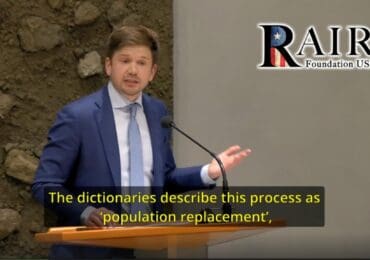
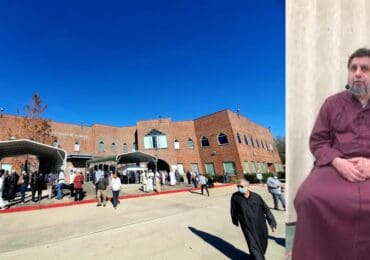
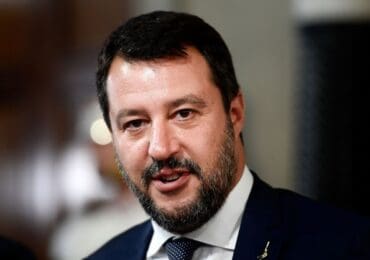



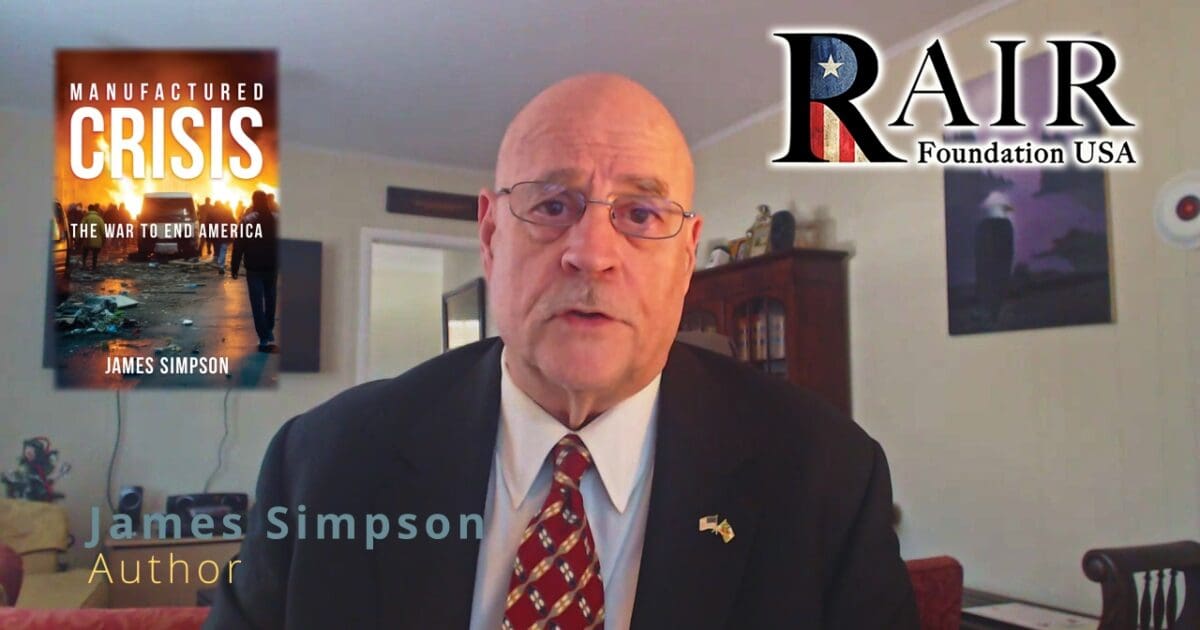
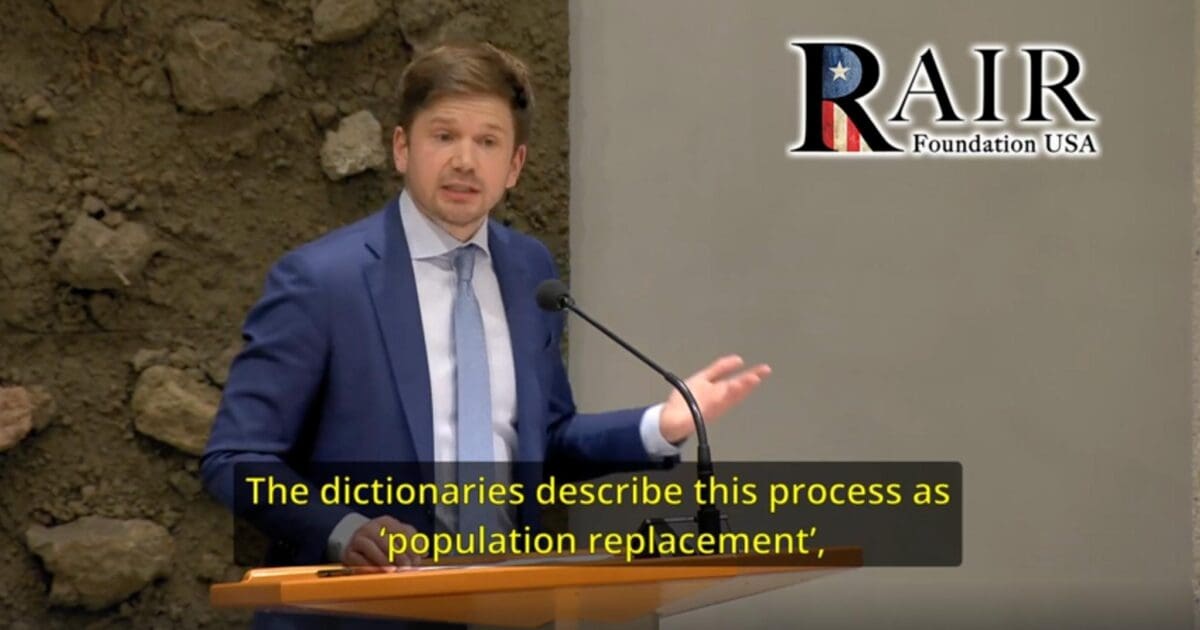
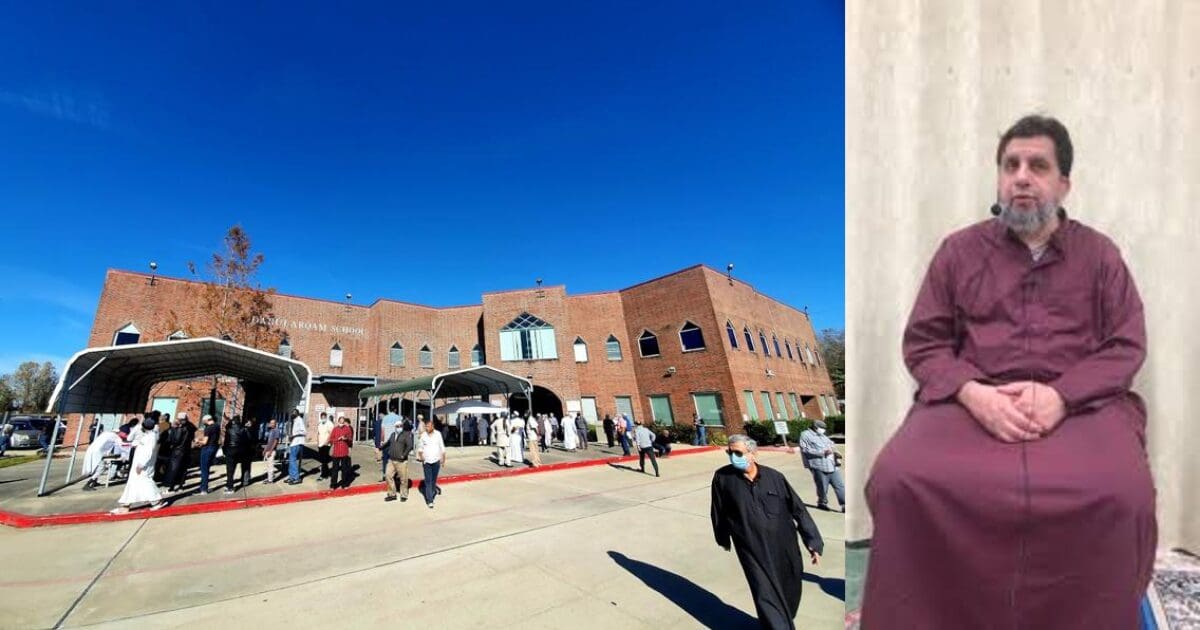
THE IDIOT AND FAKE “SIMILAR TO BIDEN” “PRESIDENT” STUPIDO STUBB IS VERY PROUD OF THESE MUSLIMSHITS.
STUPIDO STUBB IS A TOTAL IDIOT, SIMILAR TO BIDEN, DESTROYING EU AND FINLAND TOGETHER WITH URINE VON DER LEYEN AND THE CRIMINAL CABAL.
PUTIN, DO SOMETHING! TAKE OUT THESE CRIMINALS, USE YOUR AGENTS AND THE FAMOUS UMBRELLA!
Where you have muslims, you have violence.
The majority of the Finnish people wanted diversity.
They can stew in it.